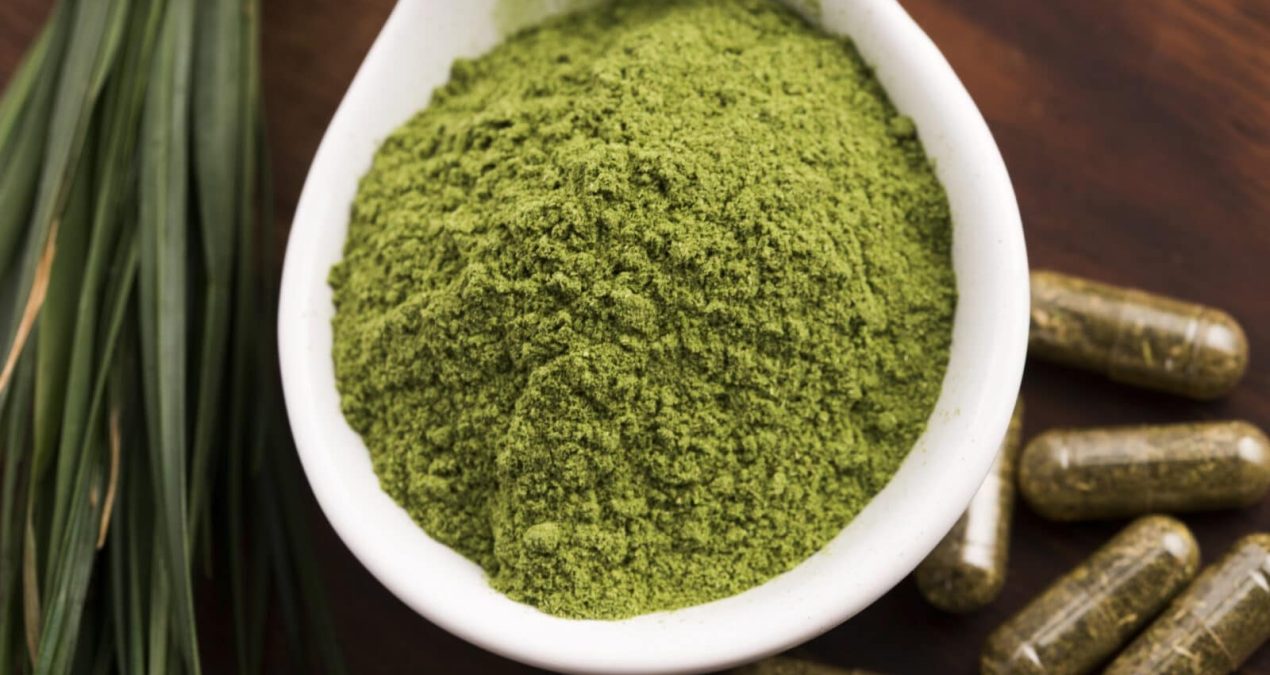Kratom, a tropical evergreen tree native to Southeast Asia, has been gaining popularity in recent years for its potential health benefits. However, this herb has also been the subject of controversy due to its psychoactive properties and potential for abuse.
Kratom leaves contain compounds called alkaloids, which have been shown to have pain-relieving and mood-enhancing effects. Many people use kratom as a natural alternative to prescription painkillers or antidepressants. Some users report that kratom helps them manage chronic pain, anxiety, depression, and opioid withdrawal symptoms.
Despite these potential benefits, kratom is not without its risks. The U.S. Food and Drug Administration (FDA) has raised concerns about the safety of kratom, citing reports of adverse effects such as seizures, liver damage, and even death associated with its use. The FDA has also warned that kratom can be addictive and may lead to physical dependence.
In response to these concerns, some states have banned the sale and possession of kratom. However, advocates of the herb argue that it should be legal and accessible to those who benefit from its therapeutic effects. They point out that traditional cultures in Southeast Asia have used strongest kratom for pain centuries without significant negative consequences.
The debate over kratom’s safety and legality highlights the need for more research into its effects on health and well-being. While some studies suggest that kratom may have potential as a treatment for certain conditions, such as chronic pain or addiction, more research is needed to fully understand how it works and whether it is safe for long-term use.
In the meantime, individuals considering using kratom should exercise caution and consult with a healthcare provider before starting any new supplement regimen. It is important to be aware of the potential risks associated with kratom use and start with a low dose to assess tolerance.
Overall, kratoms place in health care remains controversial due to conflicting evidence regarding its safety and efficacy. While some people swear by its benefits for managing various health conditions others warn against its potential dangers when misused or abused.
As researchers continue to explore the role of kratom in health and healing,it will be important to consider all available evidence before making decisions about its use.While there may be promise in the the rapeutic potential of kratom,it is essential to approach it with caution and awareness of the risks involved.




